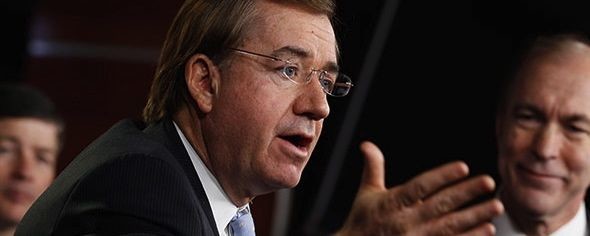US President Barack Obama is under pressure from US lawmakers to sanction ‘high-profile individuals’ on both sides of the civil war in South Sudan, using the sanctions authority he authorized earlier this month.
Obama earlier this month granted power to his cabinet officials to identify ‘certain persons’ who are responsible for human rights abuses in South Sudan – or who are leaders of forces responsible for such abuses – and to seize their assets in US banks or foreign branches of US banks.
The sanctions would be designed to disrupt the personal banking and business dealings of any designated persons, not only in the US but also globally, owing to the far-reaching influence of the US banking sector.
In the case of Iran sanctions, by comparison, the way the sanctions work is that the US Treasury Department publically announces the names and passport numbers of politicians, military leaders or individuals working for the security services, then forbids banks from dealing with them.
Edward R. Royce, chairman of the Committee on Foreign Affairs in the US House of Representatives, addressed an open letter to Barack Obama on Friday, citing ‘recent atrocities’ in South Sudan.
“I urge you to take immediate action, pursuant to the Executive Order that you issued on April 3rd, to sanction high-profile individuals on both sides of the conflict who are responsible for committing and commissioning such atrocities,” stated the congressman.
He criticized the president for delaying the implementation of the sanctions order: “It is greatly concerning that no one has been sanctioned under the Executive Order in the four weeks since it was issued.”
Royce referred to the attacks on civilians in Bor and Bentiu adding, “Sadly, it is likely that other atrocities have occurred elsewhere in the country, but have simply gone undocumented.”
“Your Executive Order contains broad authority to sanction those involved in the conflict in South Sudan,” he wrote.
The committee chairman added, “It is clear that the rhetorical threat of sanctions has failed to deter the committing of atrocities in South Sudan. Making the determinations that are necessary to publicly sanction high-profile leaders on both sides of the conflict will send a clear message that actions have consequences.”
“I see no reason to wait,” added Royce.
Photo: Edward R. Royce, chairman of the Committee on Foreign Affairs in the US House of Representatives
Related coverage:
UN Security Council ‘on road to sanctions’: France (24 Apr.)
Barack Obama authorizes sanctions against South Sudanese leaders (3 Apr.)




